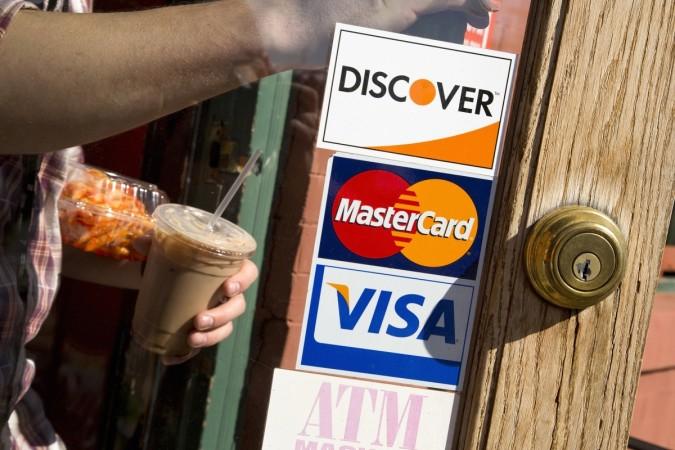
Americans repaid $31.5 billion ($31,545,489,129) in credit card debt in the first quarter (January-March) of 2017, but rising addition to the overall debt could push it to a record $1 trillion by the end of the year, says WalletHub, a portal that offers credit scores and full credit reports.
"This first-quarter paydown is a 14 percent improvement relative to the same quarter last year. But it is five percent below the post-Great Recession average Q1 paydown. Based on these early returns, WalletHub projects that we will end 2017 with more than $60 billion in new credit card debt. That would mean we'd owe well over $1 trillion in credit card debt overall," the website said in its latest update.
The total credit card debt stood at $940 billion at the end of the first quarter, down from $980 billion as of December 31, 2016, after factoring in the repayment ($31.5 billion in money repaid + $8.4 billion in quarterly credit card charge-off).
The debt repayment in 2016 was $89.38 billion, up 24 percent from $72.33 billion in the previous year and $59.59 billion in 2014.
The outstanding debt was $873 billion at the end of December 2014, Wallet Hub analysis showed.
Ways to manage credit card debt
An improved credit card score, priority debt payment (paying off costlier ones first), transferring outstanding amount to a zero interest card and keeping an eye of expenses are some of the ways consumers can manage their debt, according to WalletHub.
How many credit cards are there in the US?
Data provided by statistics portal Statista shows that at the end of the calendar year 2015, there were 1,425 million credit cards in the US, up from 993 in 2010. The top issuers were Visa, Mastercard, Store, Oil Company and American Express.


















